In order to make the past relevant to the present and help students recognize that history repeats itself, Davide Salvo, PhD, adjunct professor in the Department of Classics, encouraged students in his CLS 205 – Greece: Society & Culture and CLS 104. Roman History courses to compare the COVID-19 emergency with outbreaks of diseases in the ancient world. Among the readings scheduled in these two classes were Thucydides’ account of the plague that ravaged Athens in the years 430-426 BCE (in CLS 205) and Procopius’ description of the Justinian plague that devastated Constantinople in 541-542 CE (in CLS 104)
Students were asked to discuss the passage of Thucydides, which describes the social response of ancient Athenians to the Plague and compare it to our response to COVID-19. The students noticed similarities in how the outbreaks impact human relations and the economy. Abbreviated answers to this assignment are below. To read the full compilation of student answers, click here.
Some of students’ answers comparing the Greek response to plague in Greece: Society & Culture are below:
- People fell into despair when they found out they had it, similar to how many people are acting with COVID-19. People were isolated, with absolutely no visitors, which is exactly true today …. In Athens, people became lawless and dishonorable. I think some people have acted dishonorably, like the man hoarding hand sanitizer, but generally law and order has been maintained… I think Thucydides’ account can be read as a warning, not so much a suggestion of how to act.
- During the plague you begin to see a decrease in lawlessness meaning people have begun to just get the supplies that they need without a care of the law. You see a similar correlation to the COVID-19 epidemic mass purchasing supplies without a care for other people’s needs. We also see the connection between the Plague and Covid-19 that neither discriminate by social class or any other social structure issue.
- One of the similarities I see with the social response to COVID-19 is Thucydides describes the plague as undiscriminating. This is similar to COVID-19 because this virus does not discriminate either.
Some of the student responses comparing the Justinian plague to today are below:
- These exact social responses (of the Byzantines) are happening today, albeit at a different rate in certain states compared to others. We are practicing social distancing, experiencing a meat shortage, a drop in the workforce… The economy did suffer as a result of people staying inside, but it undoubtedly saved lives. There is a similar debate raging in the United States currently, and it weighs the cost of human lives versus saving the economy. Clearly, the plague would have been much worse if the citizens of Constantinople didn’t stay inside, and that should be a warning to us all.
- The response to the plague was the same measure taken today with COVID-19 – isolation. Although at the time this was not instructed by government officials like ours, the pandemic scared enough people to go into hiding within their homes. The economy of Constantinople, like the United States, started to decline dramatically. What we can learn from this previous plague is that for one thing: it will eventually come to an end. Another thing is to avoid contact with others to contain the spreading of the disease.
- There are similarities in the two pandemic responses, as the emperor gave out funds to the people during that time. Our government is also sending out a stimulus check to those who need it the most… Like New York State, the economy of Constantinople also suffered as no one was buying anything and no one was leaving their homes.
Submitted by: Davide Salvo, PhD, adjunct professor, Department of Classics


